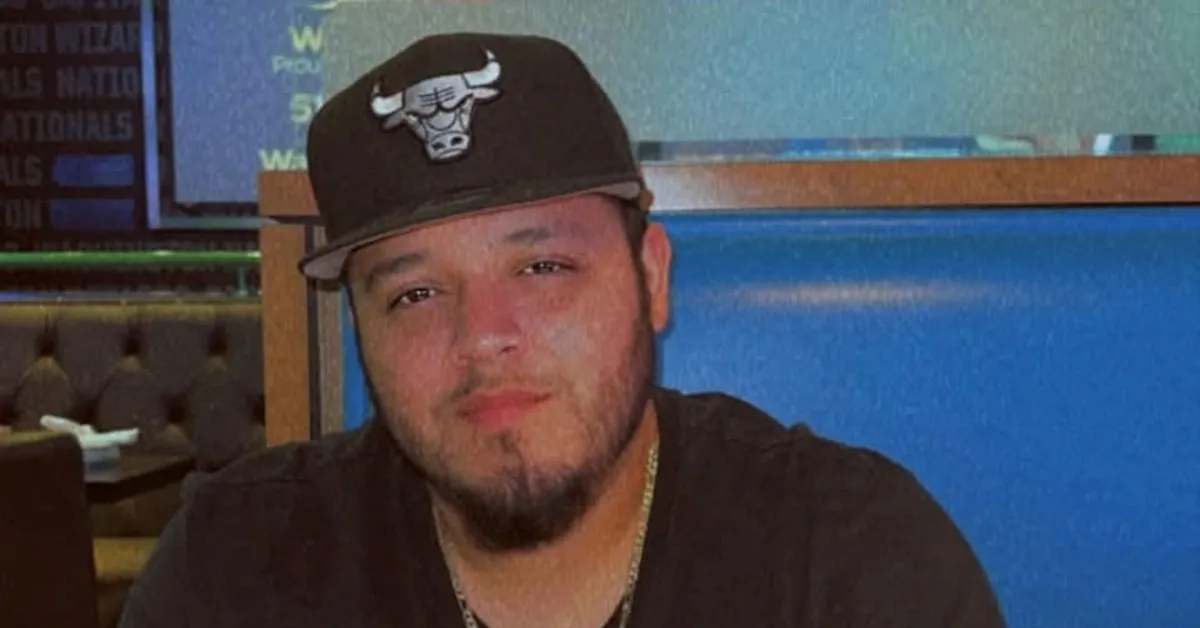
Washington, April 10 – In a significant legal development, the U.S. Supreme Court has directed President Donald Trump's administration to facilitate the return of Kilmar Abrego Garcia, a Salvadoran man who was deported to El Salvador due to an acknowledged error by the government. This ruling emerged after the Justice Department sought to overturn an order issued by U.S. District Judge Paula Xinis on April 4, which required the administration to enable Abrego Garcia's return.
Abrego Garcia, a Salvadoran migrant residing in Maryland with a work permit since 2019, initiated a lawsuit challenging the legality of his deportation. The Supreme Court issued an unsigned decision affirming that Judge Xinis' order was justified, mandating the government to 'facilitate' Abrego Garcia's return from custody in El Salvador. The court also instructed the administration to provide information regarding the steps taken to ensure his case is handled appropriately.
Following the Supreme Court's ruling, Judge Xinis reiterated the United States' obligation to take all available measures to expedite Abrego Garcia's return. She scheduled a hearing for 1 p.m. (1700 GMT) on Friday in the Greenbelt, Maryland federal court, where she aims to gather updates from the government regarding its actions to facilitate Abrego Garcia's repatriation.
Simon Sandoval-Moshenberg, the attorney representing Abrego Garcia, expressed satisfaction with the court's decision, emphasizing that the rule of law prevailed. "The Supreme Court upheld the district judge's order that the government has to bring Kilmar home," Sandoval-Moshenberg stated, urging the administration to act swiftly.
While the court's decision favored Abrego Garcia, it also prompted a clarification regarding the extent of judicial authority in directing executive actions related to foreign affairs. The Supreme Court noted that the requirements set forth by Judge Xinis might exceed her authority and emphasized the deference owed to the executive branch in foreign relations.
A spokesperson for the Justice Department remarked that the ruling highlighted the president's exclusive prerogative in conducting foreign affairs. This statement underscored concerns regarding what the spokesperson described as "activist judges" overstepping their jurisdiction in matters involving presidential authority.
Kilmar Abrego Garcia was detained by U.S. Immigration and Customs Enforcement (ICE) officers on March 12, 2023, amid allegations of gang affiliation. He was deported on March 15 on one of three high-profile flights to El Salvador, which also included individuals associated with Venezuelan gangs. According to Justice Department filings, the removal was executed despite recognition of a protection order that prohibited his deportation to El Salvador due to the risk of persecution from gangs.
Legal representatives for Abrego Garcia have vehemently denied allegations linking him to the criminal gang MS-13, asserting that he has no criminal record. The Justice Department's position, however, contends that under the Trump administration's designation of MS-13 as a foreign terrorist organization, Abrego Garcia is no longer eligible for protection.
Judge Xinis ruled that the 2019 order prohibiting Abrego Garcia's deportation to El Salvador remains valid and that his removal likely violated federal immigration law and constitutional protections. The 4th U.S. Circuit Court of Appeals previously rejected the administration's request to halt the judge's order, further complicating the government's position in this case.
As the legal battle continues, the Supreme Court remains a focal point for key rulings affecting immigration policy. On April 4, the court also permitted the Trump administration to proceed with significant cuts to teacher training grants and previously upheld deportations of alleged Venezuelan gang members under a controversial 1798 law.
This case underscores the ongoing complexities within the U.S. immigration system and the delicate balance between judicial authority and executive power, highlighting the need for clarity in legal processes surrounding deportation and the rights of migrants.